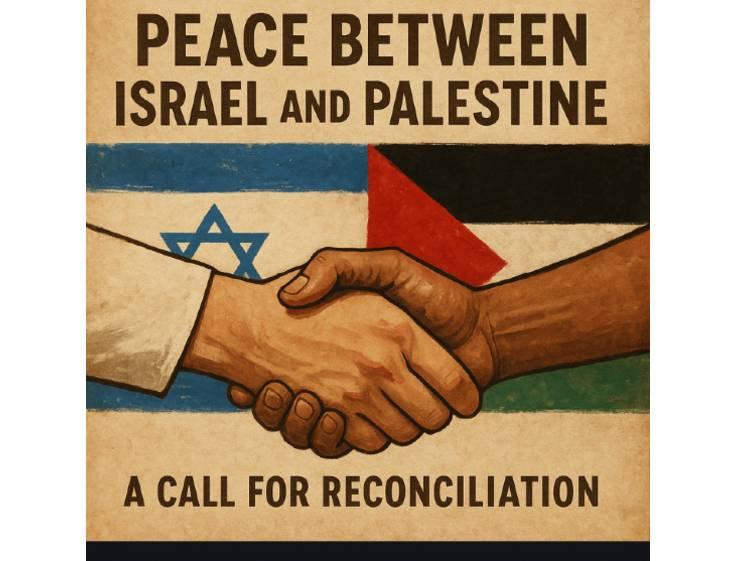
As we embrace the spirit of Easter—a time of renewal, forgiveness, and hope—it is important to remember that peace, like love, can heal even the deepest divides. The ongoing conflict between Palestine and Israel has lasted decades, leaving scars that are passed down through generations. Yet, in the face of division and suffering, there remains a flicker of hope: the possibility of peace, reconciliation, and mutual understanding.
The Shared Humanity
At the heart of every conflict are the people affected by it—the mothers, fathers, children, and communities torn apart by violence and loss. Palestinians and Israelis share common desires: to live in safety, to see their children grow, to thrive in their culture, and to build a future full of possibilities. But centuries of tension, mistrust, and political complexities have made peace seem like an unattainable dream.
The key to achieving peace lies not only in political agreements but in the acknowledgment of each other’s humanity. Both nations have their own stories, struggles, and aspirations. When people begin to see beyond the labels of “Palestinian” or “Israeli” and recognize one another as human beings deserving of dignity and respect, the seeds of peace are sown.
The Role of Faith in Reconciliation
Easter, a time of resurrection and transformation, offers a powerful message of hope and renewal. Just as Jesus’ resurrection symbolizes a new beginning, the people of Palestine and Israel can look toward a new dawn—one built on understanding, forgiveness, and shared values. Both the Christian faith, along with Jewish and Muslim traditions, teach principles of peace, love, and compassion. These shared religious teachings can be a guiding light, encouraging dialogue over division.
The faith leaders of both Palestine and Israel have the potential to lead the way. By speaking out against violence and promoting messages of peace, love, and coexistence, they can inspire their followers to put aside differences and work together toward a common goal: peace.
The Path Forward: Building Bridges, Not Walls
The road to peace is rarely simple, but it is always worth pursuing. Efforts to build mutual understanding and trust must go beyond political negotiations and touch the hearts of individuals. Grassroots movements, where Palestinians and Israelis come together to break bread, share stories, and understand each other’s pain, are vital to creating lasting peace. Initiatives that focus on shared education, community-building, and economic cooperation can foster an environment where peace is not just a political ideal, but a lived reality.
As Shakespeare famously wrote in The Merchant of Venice: “The quality of mercy is not strained; it droppeth as the gentle rain from heaven.” This timeless truth reminds us that mercy is not forced, but rather a natural act of grace that flows freely and generously. Mercy is essential for healing the wounds of conflict and is something that can be extended from one side to the other, bringing relief where there has been suffering.
It is also essential to amplify the voices of those who seek peace in the face of adversity. The youth of both nations, who will one day lead their communities, can be powerful agents of change. By promoting dialogue among the younger generations, we can nurture a new culture one that values cooperation over conflict, understanding over fear.
A Global Call for Peace
The international community has a crucial role to play in supporting peace efforts. Rather than taking sides, the global community must support initiatives that encourage both Palestinians and Israelis to come to the negotiating table with a spirit of compromise and cooperation. The world must be united in its commitment to peace, offering support to both nations as they work toward a future free from violence.
As we reflect on Easter’s message of hope, let us also carry forward a message of peace. The journey may be long, and the challenges immense, but with every step toward understanding, we come closer to the dream of a world where Palestinians and Israelis can live side by side in peace.




